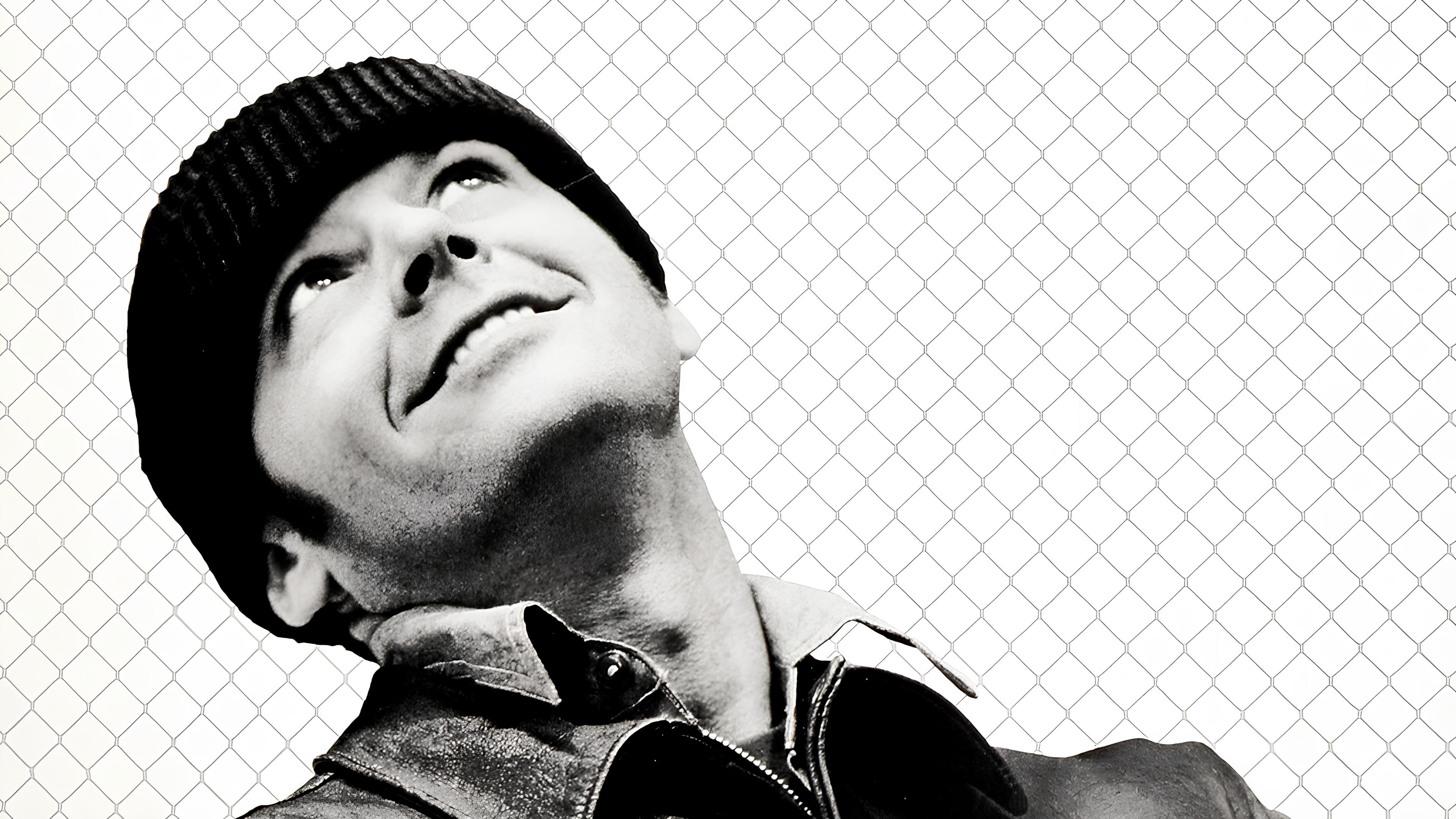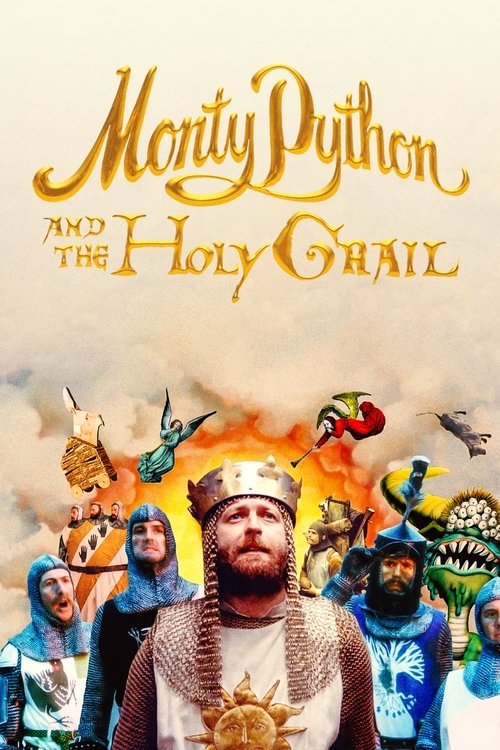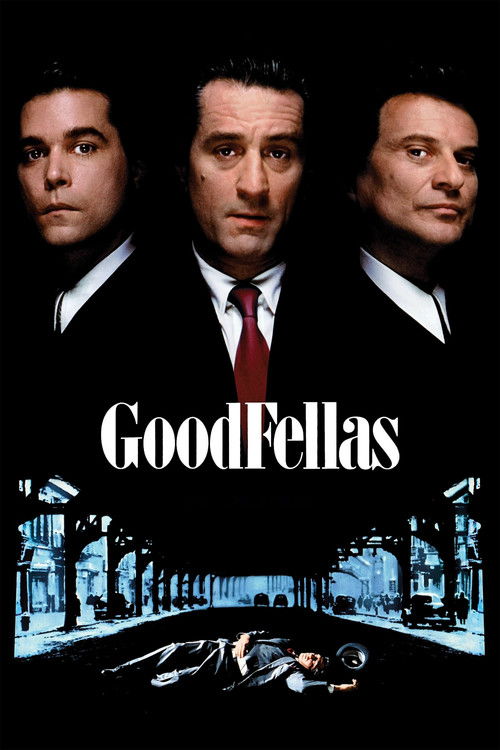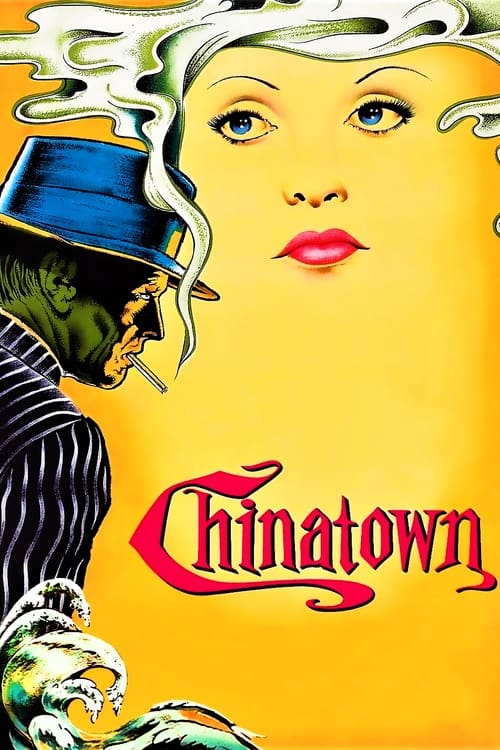
1975
One Flew Over the Cuckoo's Nest
Drama
9.0
User Score
11243 Votes
Status
Released
Language
en
Budget
$3.000.000
Production
Fantasy Films
Overview
A petty criminal fakes insanity to serve his sentence in a mental ward rather than prison. He soon finds himself as a leader to the other patients—and an enemy to the cruel, domineering nurse who runs the ward.
Review
Charles Dance
8.0
**Subject to the silliest of internet theories**
There are a lot of movie theories but the silliest of all is this nonsense that is all over the internet claiming that _the Chief killed the unresponsive McMurphy because he thought McMurphy was ignoring him._
These idiots claim the Chief did not notice the scars on McMurphy's head and simply thought the unresponsive McMurphy was ignoring him - so the Chief kills him in a fit of rage. Ridiculous.
The Chief killed McMurphy as an act of _kindness_. Chief was releasing McMurphy - a once spirited man now reduced to a vegetable thanks to the control freak, _Nurse Wretched._
This classic movie still holds up after all these years and is a compelling story of blossoming friendships in a lunatic asylum. Nicholson shines in his best performance and is ably supported by Christopher Lloyd, Brad Dourif and Danny DeVito.
Read More 
Wuchak
9.0
***The spirit of freedom vs. the spirit of legal-ism***
Set in the early 60s, the story involves R.P. McMurphy (Jack Nicholson) and his arrival at a mental institution in Salem, Oregon (where the film was shot). He plays the "mental illness" card to get out of prison time, thinking it'll be a piece of cake, but he's wrong, very wrong. Everything appears well at the hospital and Nurse Ratched (Louise Fletcher) seems to be a benevolent overseer of McMurphy's ward, but there are sinister things going on beneath the surface.
"One Flew Over the Cuckoo's Nest" (1975) is a film you'll appreciate more as you mature. I saw it when I was younger and, while I thought it was good, I didn't 'get' a lot of the insights the film conveys.
The movie criticizes the way institutions deal with mental illnesses. Their "therapy" is futile and only makes the patients dependent on the institution itself, thereby creating its need for existence (often at the taxpayer's expense). McMurphy is a threat to the establishment and therefore must be "dealt with."
A lot of people criticize the film by suggesting that Nurse Ratched "isn't that bad" or that "she was only trying to do her job", etc. I had the same reaction the first couple of times I saw it. This reveals an aspect of the film's brilliance: Ratched's malevolence is so subtle that the filmmakers allow the possibility for complete misinterpretation. Yes, from an administrative point of view, she seemingly does a good job, she's authoritarian without being sadistic, and she cares for the residents as long as they follow the rules (more on this below). Yet she is demonic as a robotized arm of a dehumanizing system. She maintains the residents in a state of oblivion and marginalization; they are deprived of their dignity because the system sees them as subhuman.
The filmmakers and Fletcher (not to mention the author of the book, Ken Kesey) make Nurse Ratched a more effective antagonist by showing restraint. Compare her to, say, Faye Dunaway's portrayal of Joan Crawford in "Mommie Dearest," which pretty much turned her into a cartoon villain. Ratched isn't such an obvious sadist, yet she uses the rules to tyrannize the men and reduce them to an almost infantile state of dependency and subservience. Her crowning achievement is Billy Bibbit (Brad Dourif).
McMurphy, despite his obvious flaws, is the protagonist of the story. Although he's impulsive and has a weakness for the female gender, which got him into prison in the first place, he has a spirit of freedom and life. His problem is that he needs to learn a bit of wisdom; then he can walk in his freedom without causing unnecessary harm to himself and others.
Nurse Ratched, on the other hand, represents legal-ism, which is an authoritarian spirit obsessed with laws or rules. This is clearly seen in the World Series sequence: Even though McMurphy gets the final vote he needs for his ward to watch the Series Ratched refuses to allow it on a technicality. When McMurphy then PRETENDS to watch the game and works the guys up into a state of euphoria, Ratched reacts with sourpuss disapproval. That's because legalism is the opposite of the spirit of freedom, life and joy. Legalism is all about putting on appearances and enforcing the LETTER of the law (rule). The problem with this is that "appearances" are not about inward reality and, worse, "the letter kills."
Despite his folly and mistakes, McMurphy does more good for the guys in his ward than Ratched and the institution could do in a lifetime. How so? Not only because he has a spirit of freedom and life, but because he loves deeply, but only those who deserve it – the humble – not arrogant abusers. When you cast restraint to the wind and love with all your heart you'll reap love in return, as long as the person is worthy. A certain person hugs McMurphy at the end because he loves him. McMurphy set him free from the shackles of mental illness and, worse, the institution that refuses to actually heal because it needs mentally ill people to exist; it only goes through the motions of caring and healing (not that there aren't any good people in such institutions, of course).
No review of this film is complete without mentioning the notable character of “Chief” Bromden, played effectively by Will Sampson.
The film runs 2 hours and 13 minutes.
GRADE: A
Read More 



